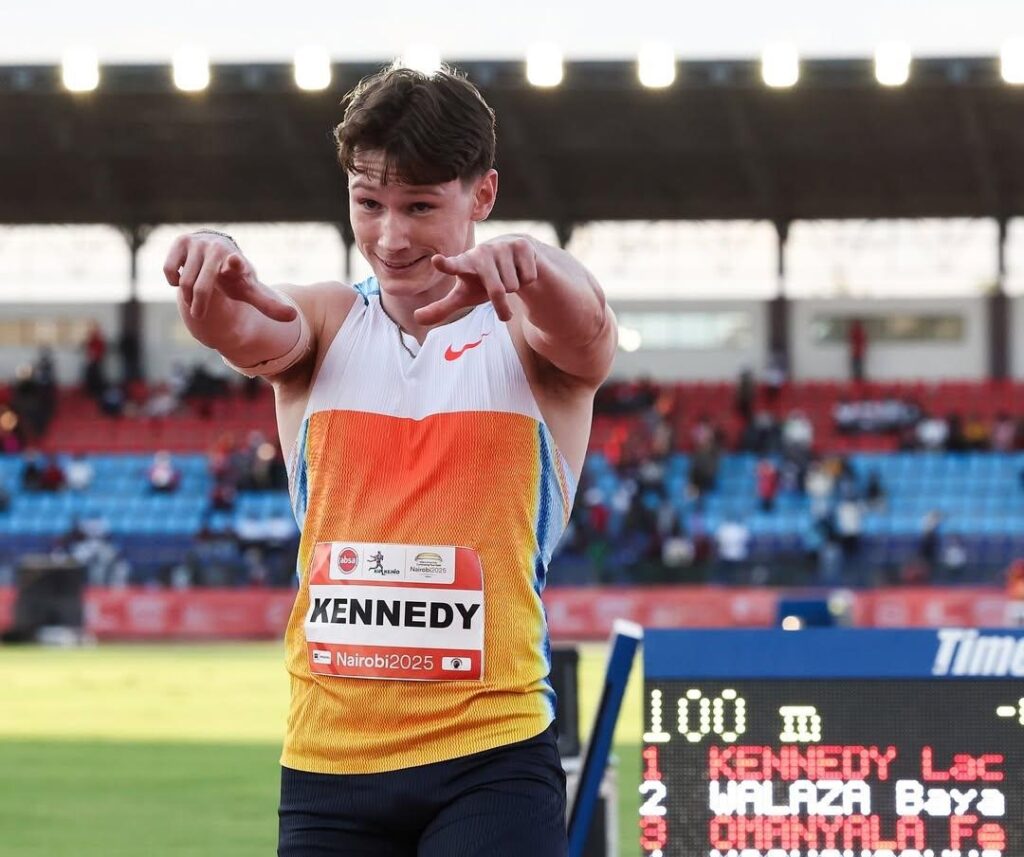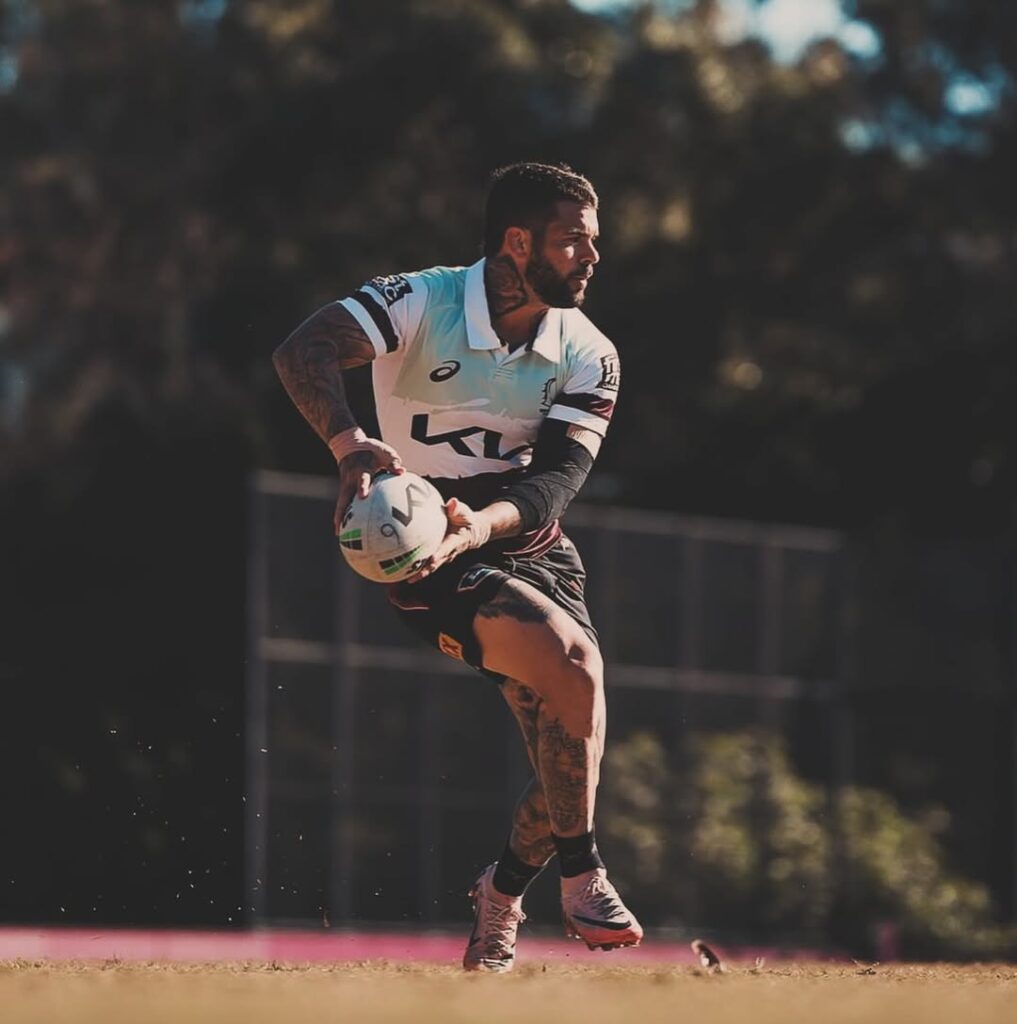In 2021, the devastating impact of climate change can no longer be ignored. As the United States grapples with raging wildfires and destructive hurricanes, we’ve also seen deadly heat waves in Canada, floods in Europe and deluge in China. There isn’t one industry or corner of the planet that climate change has not touched, but if you were still under the impression that sport operated outside of it, and that its athletes were somewhat immune to the impact, the Tokyo 2020 Olympic Games proved otherwise. Heat waves came to engulf the host nation, forcing organisers in Tokyo to make changes to competition scheduling and even move the marathon course to the north of Japan, simply with the hope of finding cooler temperatures. If ever there was an industry that reflects the impact of the climate crisis for both the natural world and our own physical selves, it’s that of sport.
It’s something David Pocock knows all too well. Since retiring from rugby union, the former Wallabies captain has concerned himself with conservation and climate activism. This quest led to the formation of The Cool Down, a campaign that brings together high-profile sportsmen and women to tackle the climate crisis. Joined by more than 300 current and former athletes, The Cool Down hopes to see the athletes use their platform to advocate for immediate action.
Alongside Pocock, the likes of Pat Cummins, Cate and Bronte Campbell, Lance Franklin, Rohan Browning, Darcy Vescio, Mick Fanning, Craig Foster, Ian Chappell, Liz Ellis and countless others hope to encourage Australians to make their voices heard. The 300-athlete strong campaign has now penned an open letter to the nation’s leaders demanding bold action be taken as extreme weather events become a dangerous reality for Australians and countless others around the world. As the athletes warn, “our Australian way of life, including sport at every level” is jeopardised.
Using scientific evidence and reports that call for the country to cut greenhouse gas emissions at least in half by 2030 and reach net zero emissions before 2050, the campaign serves to highlight the connection between extreme weather conditions and sport. Aside from the Olympics, we’ve also seen how the Australian Open tennis tournament was greatly affected by bushfire smoke.
“The people and places we love, as well as the sports we love so much are threatened by climate change,” Pocock said. “We have the resources in our own backyard to be a world leader in this field and, as a sporting nation, we’re used to performing on the world stage. It’s time we harness that to focus on strong climate action.”
As The Guardian reports, a recent assessment by the Intergovernmental Panel on Climate Change found “human activities were unequivocally heating the planet and causing changes not seen for centuries and in some cases thousands of years. The world’s leading authority on climate science found greenhouse gas emissions were already affecting weather and climate extremes in every region across the globe, helping cause increased heatwaves, heavier rainfall events and more intense droughts and cyclones, the report found. In Australia, it found average temperatures above land had already increased by about 1.4C since 1910.”
The Cool Down now invites people to sign the open letter, which reads “sport’s future is more uncertain than ever, but its power has never been more important.” It continues: “Australians have always punched above our weight on the world stage and it’s time to do it on climate.”
The government has come under increasing criticism for its failure to act on climate change.Earlier this month, former UN chief Ban Ki-moon said Australia was “out of step” with the rest of the world, and former European Union trade commissioner, Cecilia Malmstrom, warned it was becoming “more isolated” at a time when the world was increasingly being hit by floods, fires and droughts. As Professor Mark Howden, the director of the ANU Institute for Climate, Energy & Disaster Solutions explains, any delay in addressing the country’s por record on emission-reduction would only further heighten the already severe consequences. “If we don’t take rapid and strong global action to reduce our greenhouse gas emissions, the world could well have passed 1.5C by the time of the Brisbane Olympics in 2032, failing to meet the lower of the two Paris Agreement temperature goals,” Howden explained. “This could come at a time when everyone’s eyes will be on Australia, focusing attention on our contributions to reduce emissions.”
Former Diamonds netball coach Liz Ellis has put her name to the campaign alongside other athletes, saying emphatically: “As sportspeople, we recognise the role we play in our sports-loving country and supporting the generations of athletes to come after us. We have the opportunity to take action within our field and use our platform to accelerate the change we need to see.”















